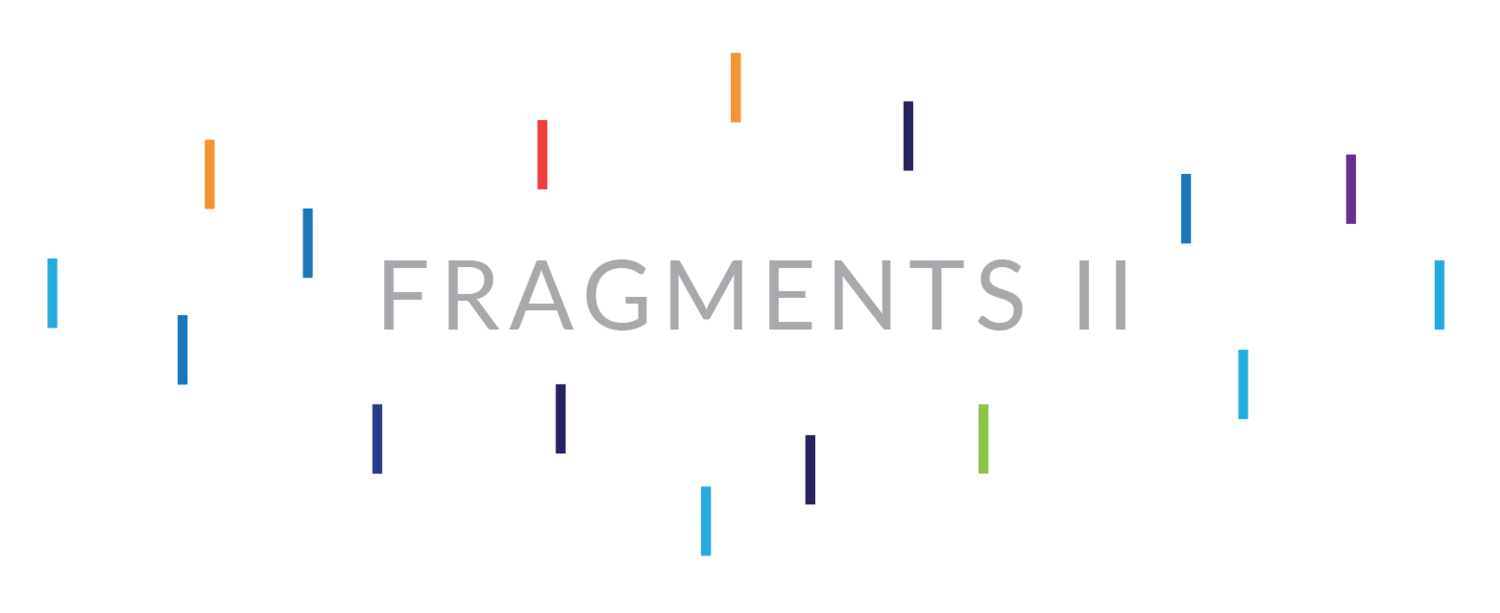Understanding Advancement as School Jester
Humans think using mental models.
This key idea is at the heart of Cukier, Mayer-Schönberger, and de Véricourt’s new book, Framers: Human Advantage in an Age of Technology and Turmoil. They argue that, in order to exist in the world, we need to interpret it and we do so by choosing and applying “frames”.
Frames enable us to generalize and make abstractions that apply to other situations. With them, we can handle new situations, rather than having to relearn everything from scratch. Our frames are always operating in the background. But we can stop and deliberately ask ourselves which frame we are applying, and whether it is the best fit for the circumstances.
It is impossible to do justice to this important book in just a few lines. But there are two connected ideas that are integrally linked to any consideration of effective schools and the role of Advancement within those schools.
The first idea is that progress can only be achieved when one is operating - individually or collectively - with a wide variety of frames. This “diversity principle”, though, is not just a nod in the direction of greater gender, racial, or ethnic diversity (even if that is a good thing in its own right). Rather, it refers to a conscious effort on the part of the organization to foster and seek out colleagues who do not think with the same mental models.
The problem, Cukier, Mayer-Schönberger, and de Véricourt explain, is that even when individuals within teams are bringing different interpretative frames to the table, it can be all too easy for the group to “coalesce around a consensus position without actually tapping too deeply into the different perspectives represented in the group. This is odd: it is almost as if the team deliberately forgoes harnessing the power of diversity that it possesses.”
Anyone who has worked in school leadership will recognize this all too common drift towards premature homogeneity, especially when seeking out new frames for learning for a new era. Individually, we see the world in so many different ways. And this is good. But, when we walk into a room, groupthink and the desire for cohesiveness can all too easily start to kick in, leading to dull conversations and, ultimately, new frames that are nothing short of lowest common denominator, diluted versions of what anyone in the room truly believes.
So let’s consider a second important idea from this book: the role of the fool or medieval court jester in drawing out new and different frames and perspectives.
The jester and its role in society has been the subject of much debate over the years, perhaps most famously outlined in the work of Beatrice Otto. Cukier, Mayer-Schönberger, and de Véricourt pick up on this body of work and suggest that modern organizations often need a jester in order to see things through an alternative frame. The jester takes on the role of speaking the truth, however hard it is to hear, and will introduce novel, sometimes even irreverent, thinking when it is needed.
Those of us who work in Advancement teams will agree that our work is often not understood by our colleagues. We are sometimes considered foolish or lightweight alongside those who are bringing education or finance to the leadership table. Our place in the organizational chart can be hard to draw and even harder to explain. But I do find myself wondering whether there is something about our role that mirrors this image of a fool “with bells jingling from his three-pointed cap and marotte in hand.”
Are we not charged with being the school jester - awkward, ill-fitting, but always looking to speak the truth, questioning the status quo, and asking questions that allow alternative frames to emerge from the conversation?
According to Otto, fools are everywhere. They also need to be found in schools, so that they can truly become places where a thousand frames flourish and we can all access that agility of mind and thought that enables new and exciting possibilities to emerge.




